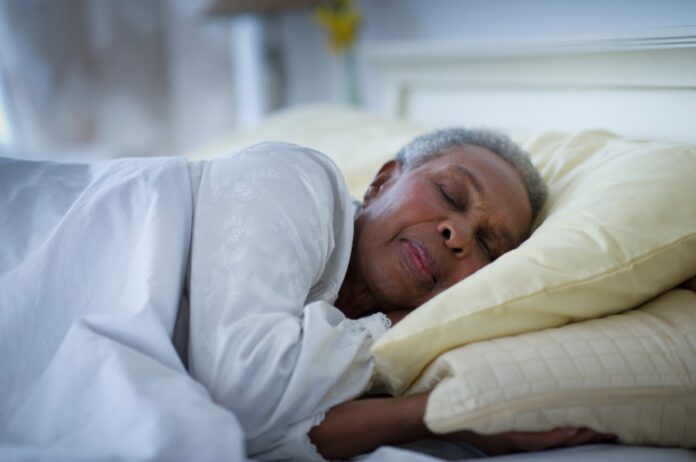
(NewsNation) — An increase in sleepiness for women in their 80s could double the likelihood of brain health decline and diseases like Alzheimer’s and dementia, according to a new study.
The research, published this month in the journal Neurology, discovered women in their eighties who experience sleep disruption throughout a five-year period have an association with cognitive aging.
“Sleep is essential for cognitive health, as it allows the brain to rest and rejuvenate, enhancing our ability to think clearly and remember information,” said study author Yue Leng of the University of California, San Francisco. “However, little is known about how changes in sleep and cognition are connected over time and how these changes relate to dementia risk in the later decades of life.”
“Our study found that sleep problems may be intertwined with cognitive aging and may serve as an early marker or risk factor for dementia in women in their 80s,” Leng also said.
Leng further explained that women in that particular age group can experience drastic changes in their sleep patterns over five years.
“We observed that sleeping, napping and circadian rhythms can change dramatically over only five years for women in their 80s,” Leng said. “This highlights the need for future studies to look at all aspects of daily sleep patterns to better understand how changes in these patterns over time can be linked to dementia risk.”
The CDC recommends adults get between 7 and 8 hours of sleep per night for optimal health.
There are four levels of sleep with deep sleep falling into the rapid eye movement stage (REM) followed by slow-wave sleep according to the National Institute of Health. Without the recommended amount of sleep, the body and brain will enter into a sleep deficit, which has links to “obesity, anxiety, depression, and heart disease among other potential health issues.



